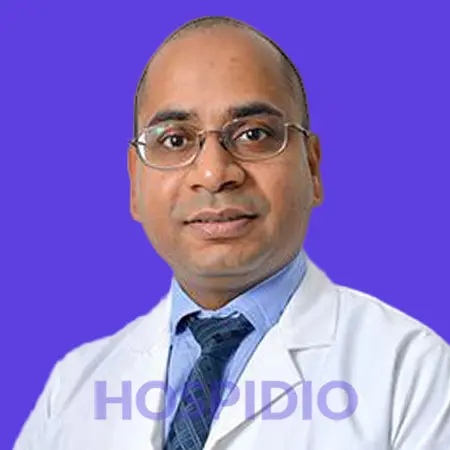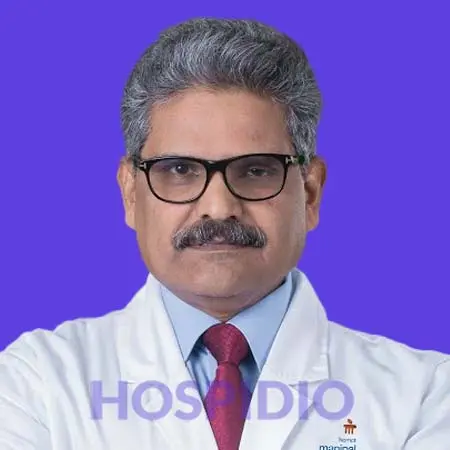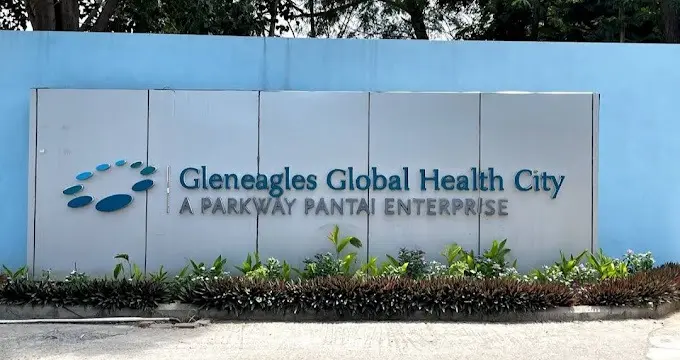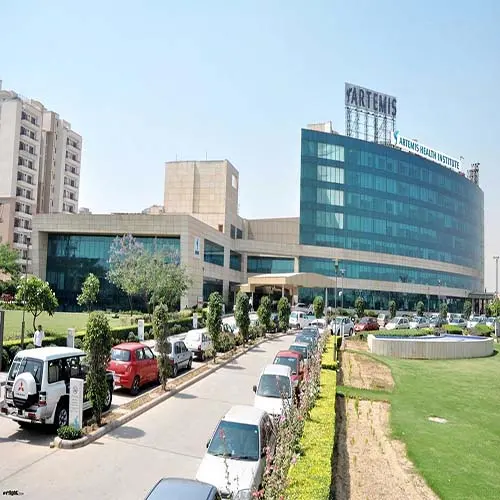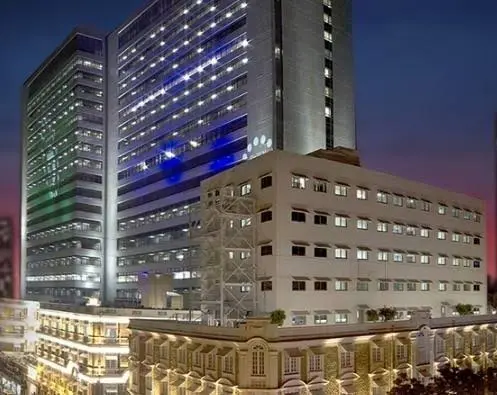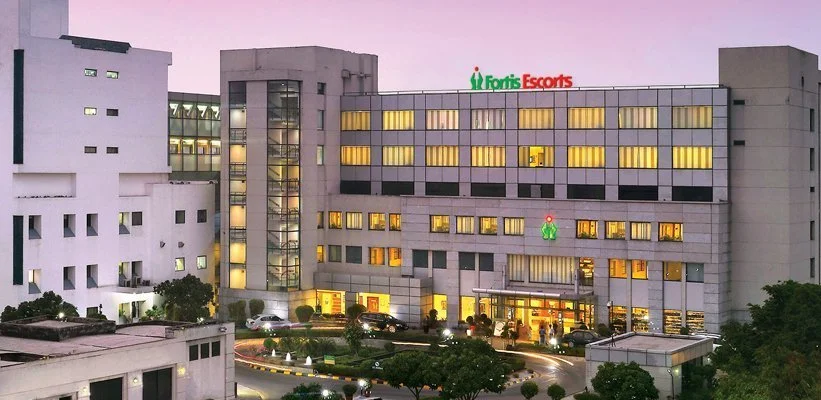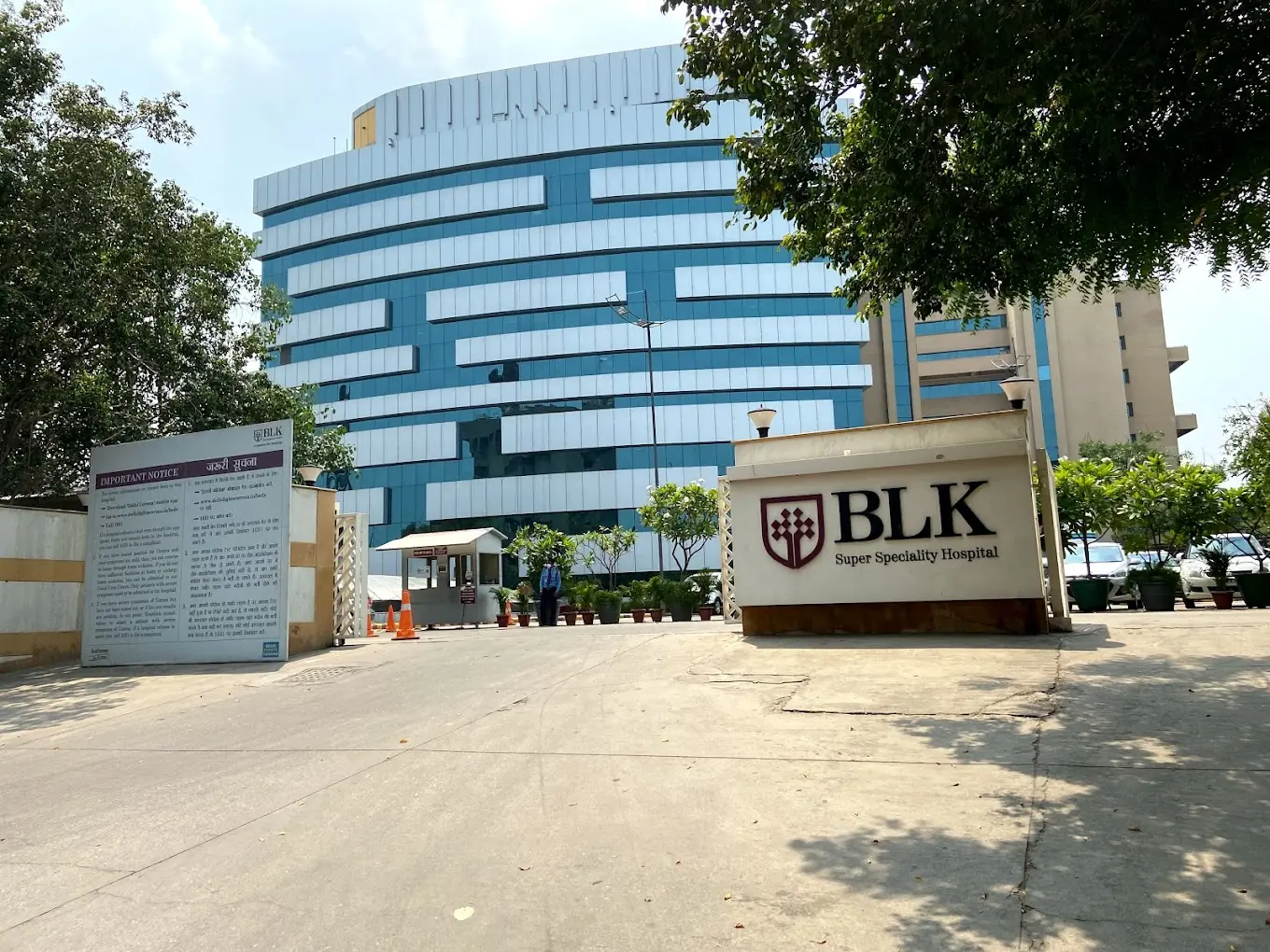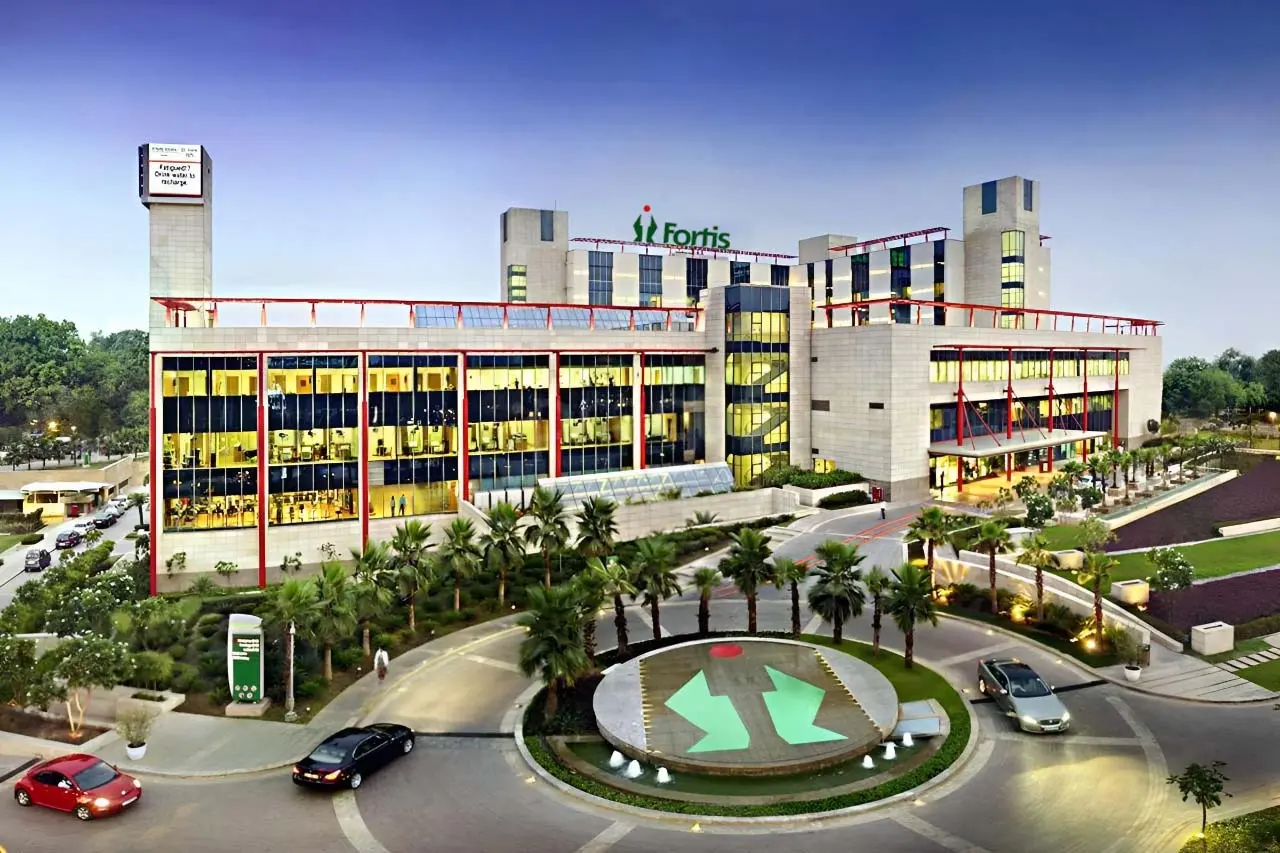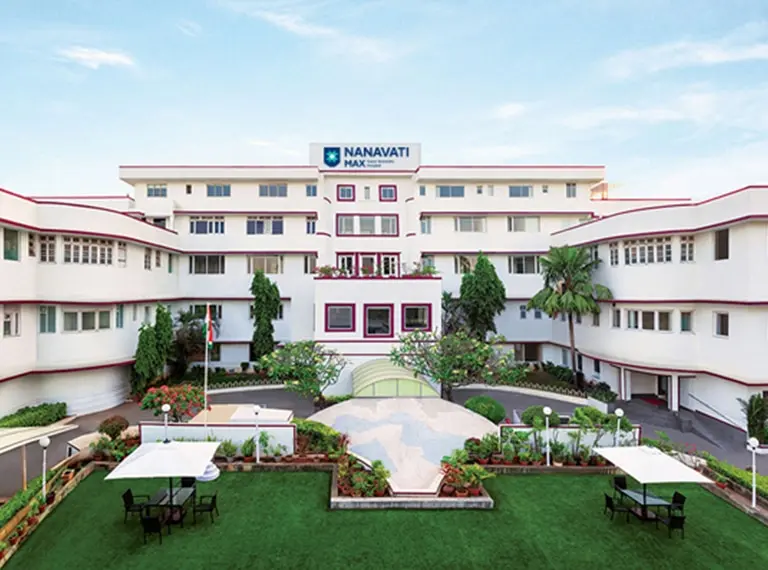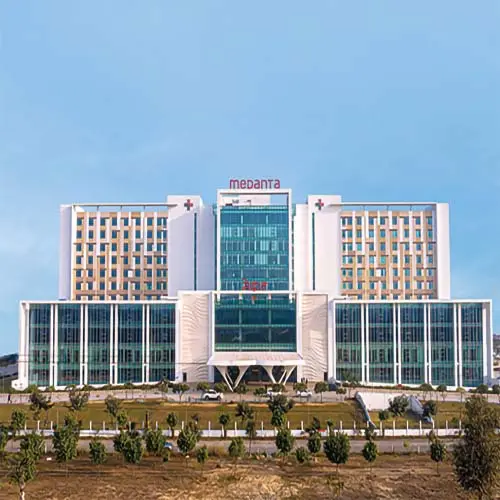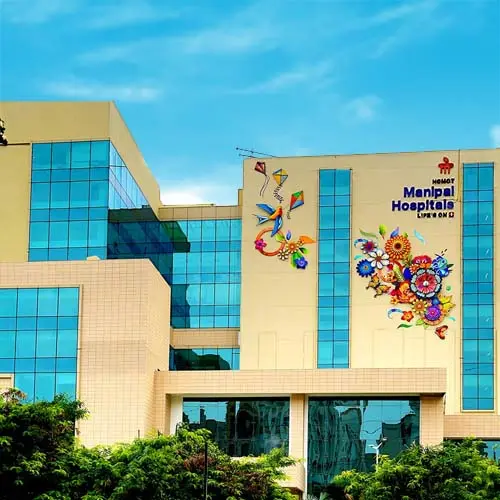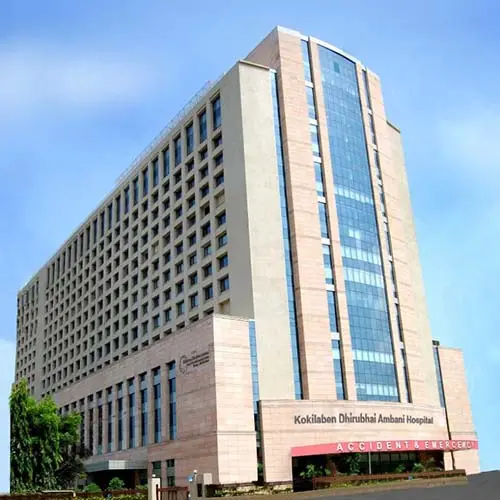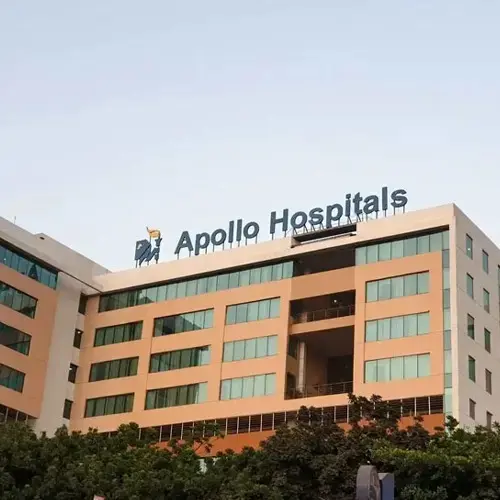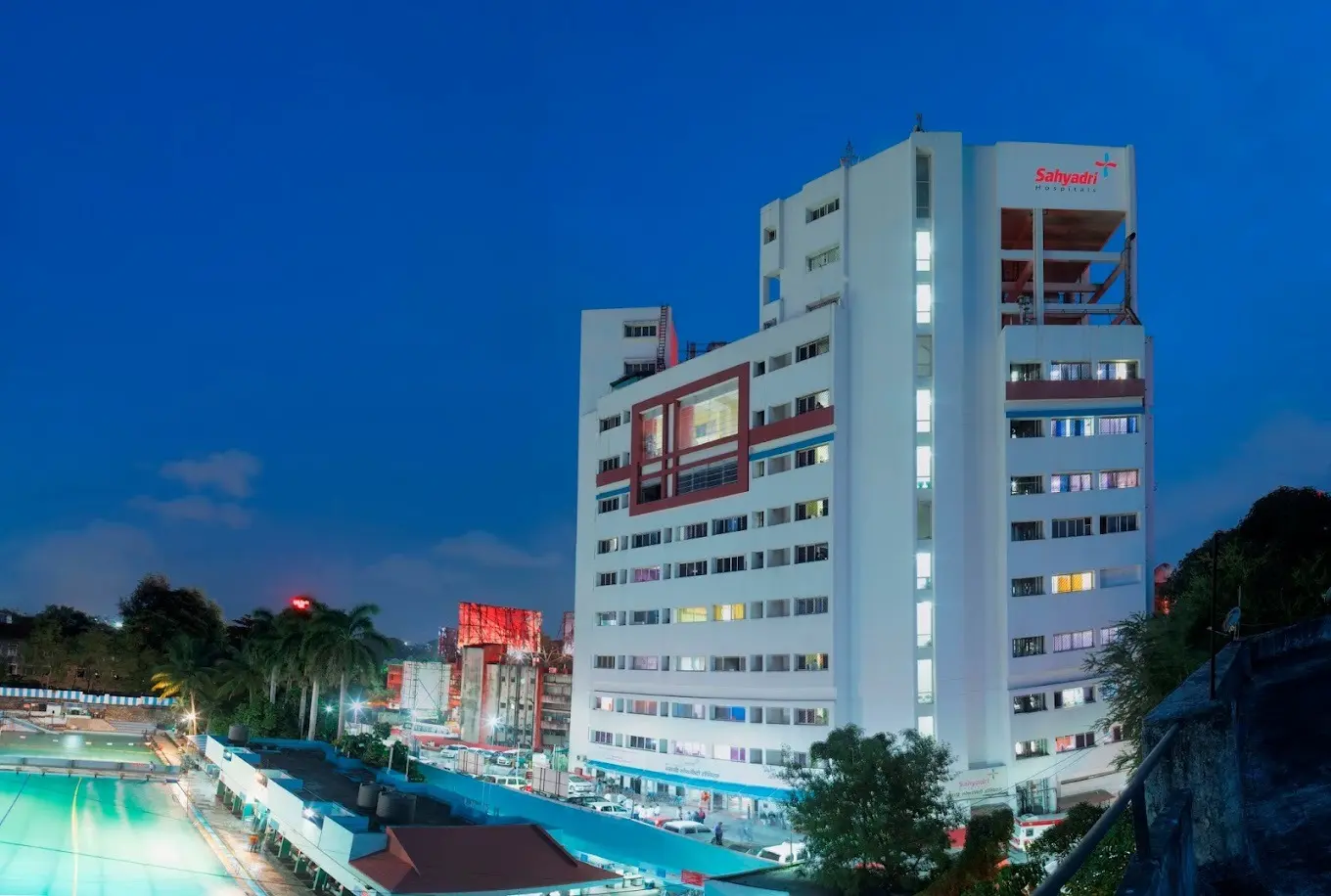ASD Closure Surgery cost in India
The atrial septal defect (ASD) closure surgery cost in India ranges from $4500 to $5800, which is approximately equivalent to 3,80,000 to 4,90,000 Indian rupees. It is a procedure to repair a hole in the wall (septum) between the heart's upper chambers (atria). It can be done through open-heart surgery or minimally invasive techniques like catheter-based device closure.
An Atrial Septal Defect (ASD) is a congenital heart problem where there is a hole in the wall (septum) separating the two upper chambers of the heart. This opening allows oxygen-rich blood to mix with oxygen-poor blood, which can put extra strain on the heart and lungs. If left untreated, an ASD may lead to complications such as high blood pressure in the lungs (pulmonary hypertension), irregular heart rhythms, or even heart failure in the long run. There are two main ways to repair an ASD. The first is open-heart surgery, where the surgeon makes an incision in the chest and closes the hole with stitches or a patch. This method is usually chosen for larger or complex defects. The second is catheter-based device closure, which is a minimally invasive procedure.
Cost Range of ASD Closure Surgery cost in India
India is home to some of the best cardiac surgeons and cardiologists who specialize in treating congenital and acquired heart conditions. Hospitals in India are equipped with advanced cardiac care units, modern ICUs, and the latest technologies to ensure safe outcomes. Patients also benefit from comprehensive care, which includes pre-surgery evaluations, advanced surgical techniques, and dedicated post-surgery rehabilitation programs. The recovery period depends on the type of procedure performed. For catheter-based device closure, patients generally stay in the hospital for only two to three days and can return to normal activities within a week.
Get a free cost estimate
Who is a candidate for ASD closure surgery in India?
Candidates for ASD closure surgery in India are typically evaluated based on the size and location of the defect, symptoms, and associated health risks. Common criteria include the following:
Significant Left-to-Right Shunting
Patients with a substantial blood flow from the left to the right atrium, as evidenced by imaging or catheterization studies, are candidates for closure to prevent complications like heart enlargement and pulmonary hypertension.
Symptoms
Individuals experiencing symptoms such as fatigue, shortness of breath, palpitations, recurrent lung infections, or stroke may require closure. Symptomatic adults with undiagnosed ASD are also candidates.
Enlarged Right Heart
Patients with an enlarged right atrium or ventricle due to increased blood flow caused by the defect are considered for surgery to prevent long-term heart damage.
Age Considerations
While ASD closure is often performed in children to prevent complications, many adults also benefit, especially if the defect is large or causing significant problems. Surgery is typically avoided in patients over 40 unless symptoms or complications like atrial fibrillation arise.
Pulmonary Hypertension
Patients with pulmonary hypertension caused by the defect but without irreversible damage to the lungs are candidates for closure to improve heart function.
Paradoxical Embolism
Individuals who have experienced strokes or embolic events due to blood clots passing through the ASD (paradoxical embolism) are candidates, particularly if no other source of clots is found.
Associated Congenital Heart Conditions
Patients with ASDs associated with other congenital heart defects may need surgical repair as part of a broader treatment plan.
ASD closure is generally not performed in patients with Eisenmenger syndrome (irreversible pulmonary hypertension with right-to-left shunting) or other contraindications like severe lung disease.
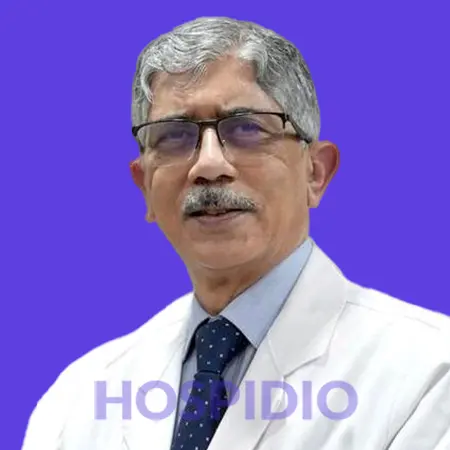
Types of ASD Closure Surgery and Cost
Here is an overview of the common types of ASD Closure Surgery along with their approximate cost range in USD:
Types of ASD Closure Surgery in India | Cost Range in USD |
Surgical ASD Closure Surgery Open-heart surgery involving sutures or a patch to close the defect, typically used for large or complex ASDs. | 4800 to 5500 |
Device ASD Closure Surgery A minimally invasive procedure using a catheter to place a closure device over the defect without open surgery. | 4500 to 5200 |
Get a free cost estimate
City wise Cost Comparison for ASD Closure Surgery in India
City | Cost in USD |
New Delhi / NCR | 4500 to 5800 |
Mumbai | 5500 to 6000 |
Bangalore | 5800 to 6200 |
Chennai | 4800 to 5800 |
ASD Closure Surgery Cost in India Inclusions
Surgeon fee, OT charges, anesthesia
ICU stay as needed
Pre-operative outpatient consultations
Routine drugs and consumables required during hospitalization
Pre-anesthesia check up and clearance
Hospital stay and meals as per the package
ASD Closure Surgery Cost in India Exclusions
Pre-operative examination and clinical tests
Hotel stay, meals and flights
Extended hospital stay (if needed)
Post-operative examination after discharge
Other Factors Affecting ASD Clsoure Surgery Cost in India
Choice of location, doctor and hospital
Pre-existing medical history
Overall patient status and condition at the time of procedure
Diagnostic Tests Before ASD Closure Surgery
Types of Tests For ASD Closure Surgery in India | Cost Range in USD |
Blood Tests: These include the basic blood investigations for the patient to check organ functioning and infection status. | 30 to 50 |
Electrocardiogram (ECG or EKG): A quick, painless test that checks your heart's electrical activity, showing how it beats. | 50 to 70 |
Echocardiogram: Uses ultrasound to create images of the heart's structure and assess its function. | 50 to 90 |
| Chest X-rayProvides a visual of heart size and any lung congestion or abnormalities caused by abnormality. | 20 to 30 |
Why is India preferred as one of the best countries for ASD closure surgery?
India is a preferred destination for ASD closure surgery due to its combination of advanced medical technology, skilled cardiac surgeons, and cost-effective treatment. Indian hospitals are equipped with state-of-the-art facilities, including advanced imaging systems, 3D echocardiography, and robotic-assisted surgical tools, enabling precise and minimally invasive procedures.
The success rate of ASD closure surgeries in India is high, often exceeding 95%, comparable to leading global centers. India is home to world-renowned cardiac surgeons and pediatric cardiologists with extensive experience in managing congenital heart defects. The affordability of treatment, often 60-70% less expensive than in Western countries, attracts international patients without compromising quality. Many hospitals also offer comprehensive post-operative care and rehabilitation services, ensuring optimal recovery. These factors, combined with shorter waiting times and personalized care, make India a top choice for ASD closure surgery.
Best Hospitals for ASD Closure Surgery in India
FAQs
ASD (Atrial Septal Defect) closure surgery is a procedure to repair a hole in the wall between the two upper chambers of the heart (atria). The surgery closes the hole to restore normal blood flow and prevent heart problems in the future.
There are two common methods:
- Device closure (non-surgical): A small device is placed through a catheter inserted in the vein of the leg to close the hole.
- Open-heart surgery: Performed if the defect is large or not suitable for device closure. The surgeon closes the hole with stitches or a patch.
Yes, it is a safe and routine procedure in India. Success rates are above 95%, especially when done at specialized heart centers.
- Device closure: Patients can go home in 2–3 days and return to normal life within a week.
- Open-heart surgery: Hospital stay is usually 5–7 days, with full recovery in 4–6 weeks.
Complications are rare but may include infection, bleeding, irregular heartbeat, or device displacement (in catheter closure). With experienced doctors in India, these risks are very low.
Most patients stay for about 2–3 weeks in India, which includes hospital admission, surgery, recovery, and follow-up checkups.

